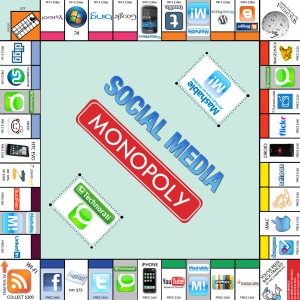[youtube_sc url=http://www.youtube.com/watch?v=B-gQbttw9Tg&feature=youtu.be]
[youtube_sc url=http://www.youtube.com/watch?v=nCV97Rq_Na8]
Here’s audio from my most recent interview: with Miles Dungan on RTE Radio 1
[soundcloud url=”http://soundcloud.com/leavingcertenglishnet/todaywithpatkenny”]
or click directly on this link: http://soundcloud.com/leavingcertenglishnet/todaywithpatkenny
Here’s the audio from my interview on newstalk
[soundcloud url=”http://soundcloud.com/evelynoconnor/evelyn-on-the-right-hook”]
If that doesn’t load properly just click this link instead: http://soundcloud.com/evelynoconnor/evelyn-on-the-right-hook
The article from thejournal.ie that made my acceptance speech go viral http://www.thejournal.ie/teachers-permanent-non-permanent-evelyn-oconnor-teacher-of-the-yea-502993-Jun2012/
Some further food for thought:
- A letter to our President Michael D. Higgins on what is wonderful in Irish education & what needs to be protected.http://speedchange.blogspot.ie/2012/06/heroes-of-republic-of-ireland.html
- Why we need to be cautious when demanding “accountability” in teaching – it can have some awful if unintentional results when people outside of teaching decide that ‘measuring’ teacher effectiveness is a simple easily achievable goalhttp://articles.latimes.com/2010/sep/28/local/la-me-south-gate-teacher-20100928http://unitedoptout.com/a-teacher-story-why-im-leaving-public-education/
- Rightly or wrongly lots of teachers feel frustrated with our unions & the teaching councilhttp://www.irishtimes.com/newspaper/education/2012/0313/1224313203489.html
- Why good teachers are fed uphttp://www.morestresslesssuccess.ie/2012/04/want-to-be-teacher-why-bother.html
- Why aren’t teachers better?http://www.oecd.org/document/58/0,3746,en_21571361_44315115_43018915_1_1_1_1,00.htmlhttp://www.oecd.org/document/50/0,3746,en_2649_39263231_47786442_1_1_1_1,00.html
- What do we need to avoid? What do we need to embrace?http://www.washingtonpost.com/blogs/answer-sheet/post/how-germ-is-infecting-schools-around-the-world/2012/06/29/gJQAVELZAW_blog.html#comments
So why are we blindly copying the mistakes that were made in the UK and the US instead of following best international practice to improve our education system and make it once again the envy of the entire world? We were the Island of Saints & Scholars. We have become the island of Rote & Regurgitate. We want to be the Island of Dreaming & Doing.
Let’s debate this properly.





